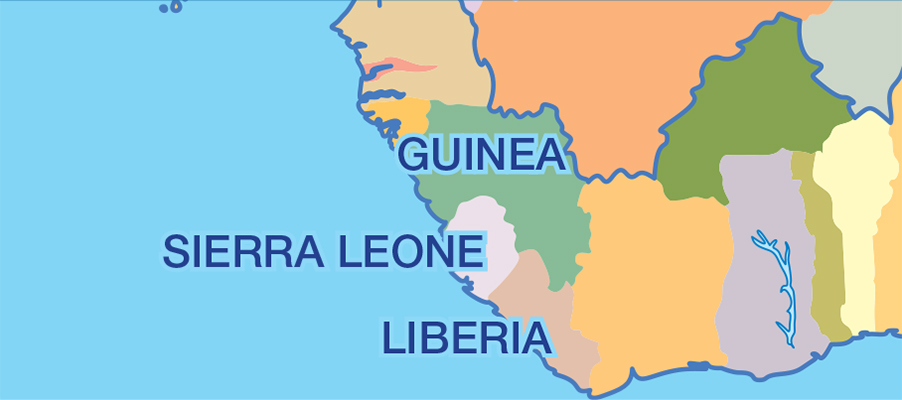
Traveling to and from Ebola affected countries over the Christmas period
December 8th, 2014
As we approach the end of term, the University is aware that students may travel home to visit family and friends in countries affected by the Ebola Virus.
Precautions to take while in the country
The risk of Ebola is low for most travellers but you should take precautions while in an affected region.
- Avoid contact with symptomatic patients and their bodily fluids
- Avoid contact with corpses and/or bodily fluids from deceased patients
- Avoid close contact with live or dead wild animals (including monkeys, forest antelopes, rodents and bats)
- Avoid preparation and consumption of “bush meat”
- Avoid habitats which might be populated by bats, such as caves, isolated shelters or mining sites
- Wash and peel fruits and vegetables before consumption
- Practise safe sex
- Follow strict hand washing routines
Port screening
Students may be subject to both exit screening at ports on leaving the country and entry screening on entering the UK
What is the entry screening process?
All those travelling from the affected countries will have their temperature taken and complete a questionnaire asking about their current health, recent travel history and whether they might be at potential risk through contact with Ebola patients. Based on the information provided and their temperature, passengers will either receive advice and be allowed to continue their journey, or undergo a clinical assessment by PHE staff and if necessary be transferred to hospital for further tests. Anyone who is well but may have been at increased risk of contact with the Ebola virus will be given printed information and a PHE contact number to call if they develop symptoms.
Where will the entry screening take place?
The UK has introduced enhanced screening to key UK ports: Heathrow, Gatwick, Birmingham and Manchester airports, plus St Pancras (Eurostar).
Following return to the UK [PDF]
- the risk of Ebola is low for most travellers
- however, malaria is a much more common infection in West Africa and can have similar early symptoms. It is treatable if diagnosed quickly, so contact NHS 111 for advice if you feel unwell
- if you are staying in the UK and develop symptoms such as:
– fever (37.5˚C or higher)
– headache
– body aches
– diarrhoea
– vomiting
within 21 days of returning from Sierra Leone, Guinea or Liberia, you should contact NHS 111 and tell them where you have travelled.
Download this information in PDF format.
Sources of further advice
Foreign and Commonwealth Office
Tags: Africa, Ebola, ebola virus, fever, health advice, health information, NHS, Public Health England, travel information, welfare, West Africa
Leave a Reply
Other

Need news? See you on SharePoint
After 14 years of service, Campus News is being retired as the university’s staff news platform. […]

Roads and car parks closed for refurbishing work
As part of ongoing road improvements at the university, works will be taking place to resurface […]

